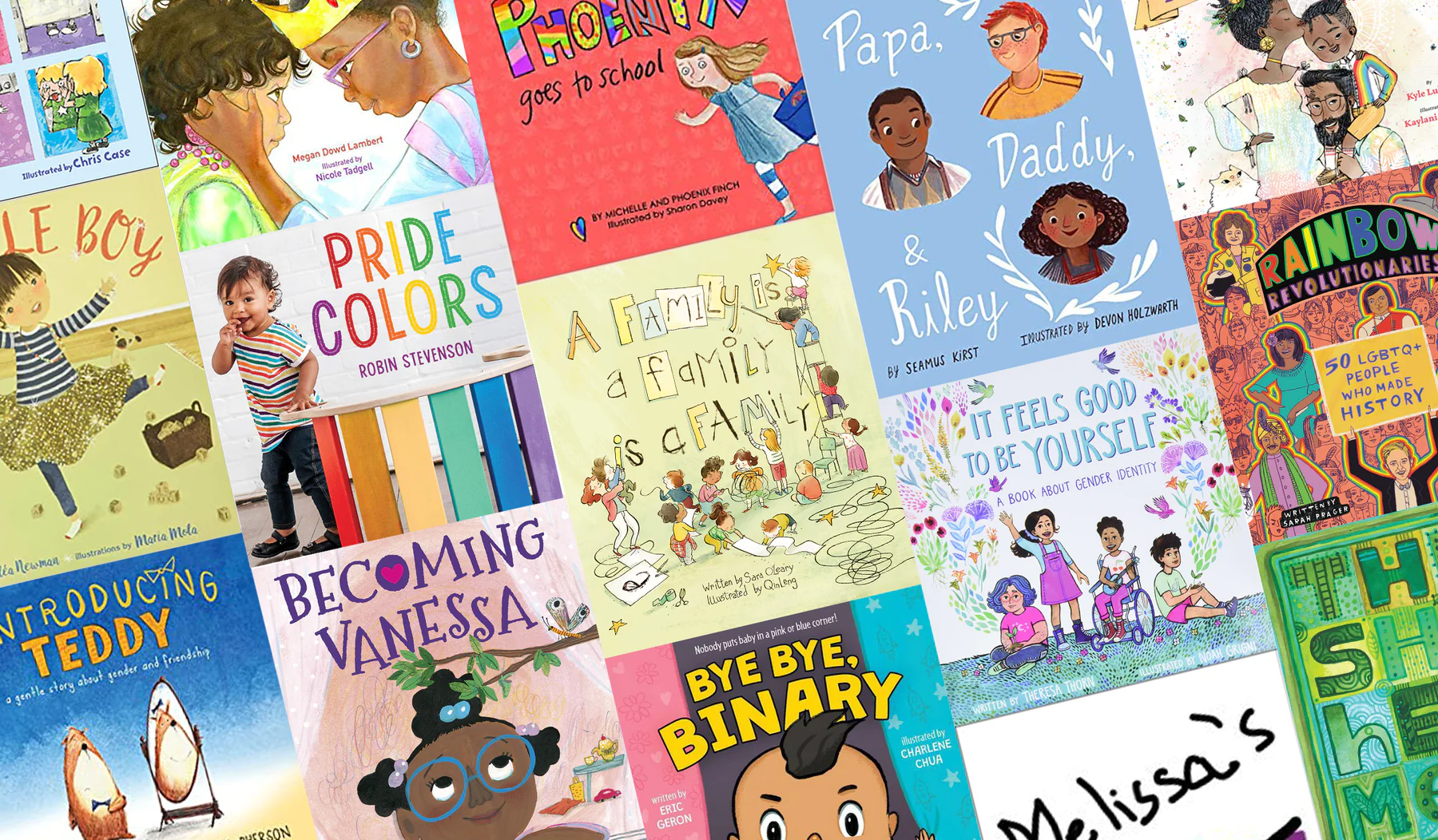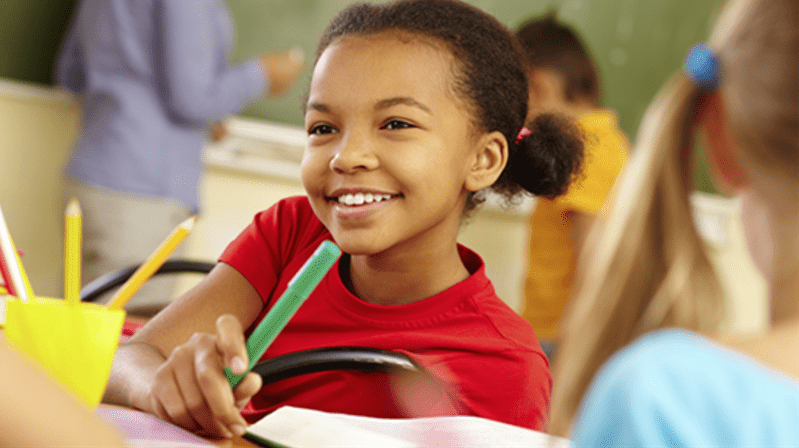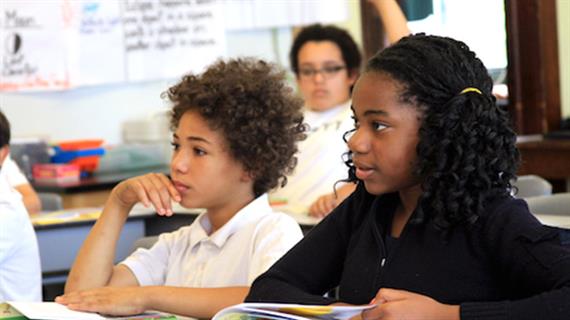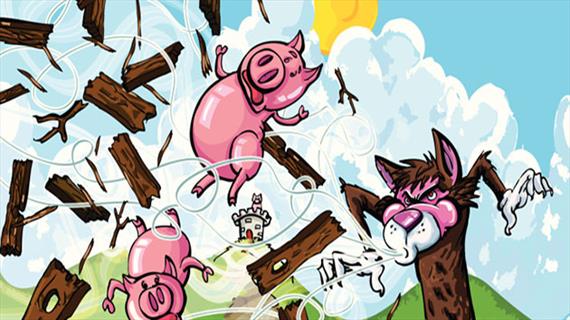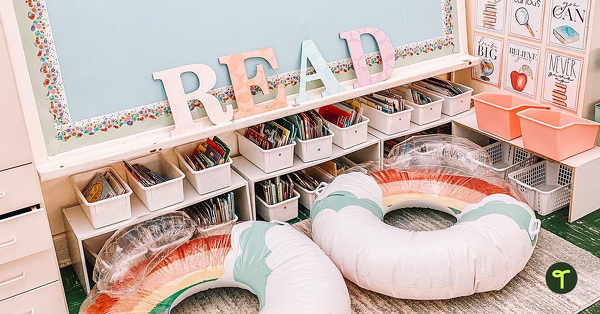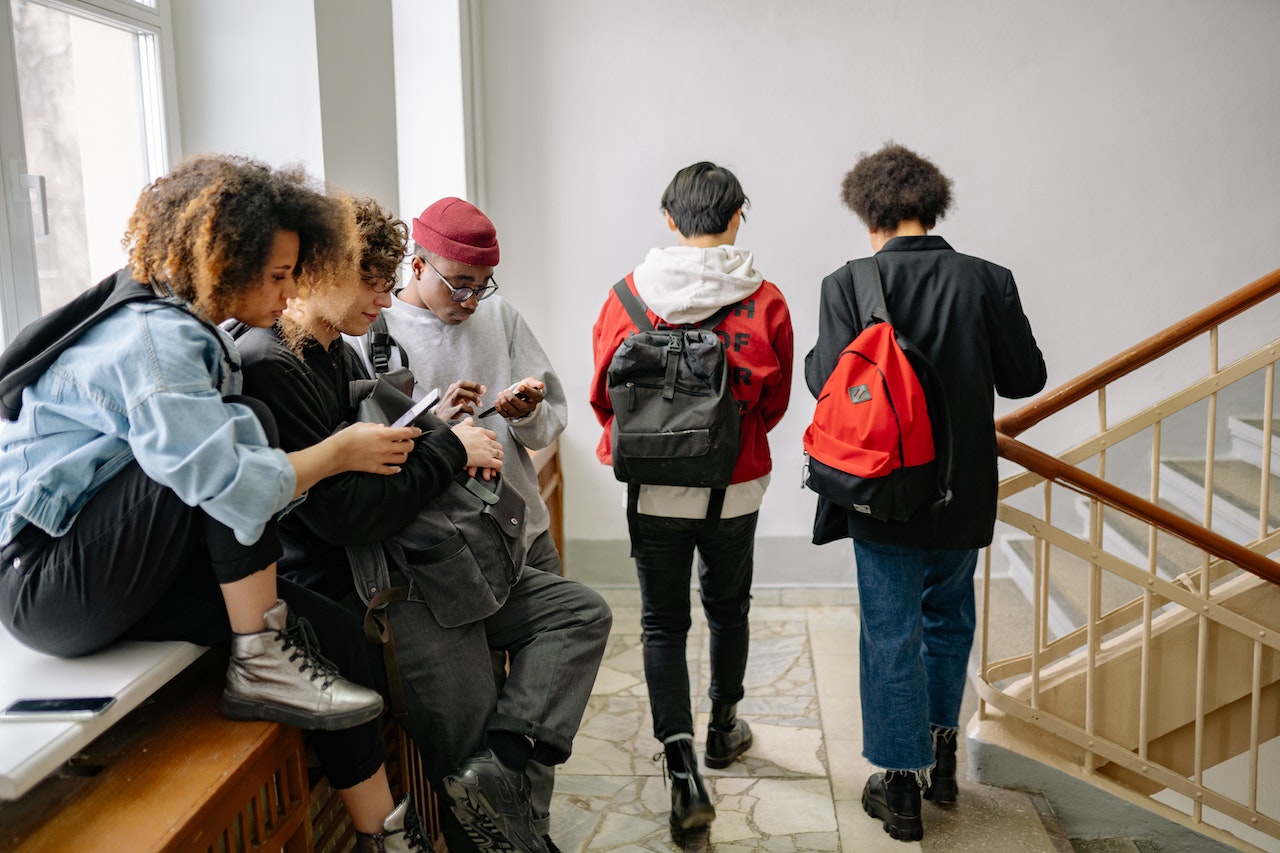Introduction
Teaching addition to young learners can sometimes be a challenging task, especially when you want to keep them engaged and excited about the process. To help teachers and educators facilitate the learning of addition in fun and engaging ways, we’ve compiled a list of 7 super strategies for addition, complete with a free poster and lesson plans. These methods are sure to make math enjoyable and help students to develop a strong foundation in addition skills.
1. Finger Counting
A fundamental and tactile way of learning addition, finger counting is perfect for beginners. Teach your students how to associate each number with their fingers by adding two numbers together using their own hands. This method also helps build fine motor skills and is ideal for visual learners.
2. Number Lines
Number lines are a powerful tool to assist students in visualizing the addition process by physically representing numbers on a straight line. Create number lines on paper or using physical materials, such as craft sticks or blocks, then teach your students how to use them to solve addition problems step by step.
3. Counting On Strategy
Counting on is a mental math strategy in which children start with one number and count forward by adding the second number. For instance, when adding 5 + 3, they would start at 5 and count three more numbers: 6, 7, 8. This method helps improve mental calculation skills while reinforcing the concept of addition.
4. Doubles Plus One
Teach students the concept of doubling a number and then adding one more to it to simplify more complex addition problems quickly. For example, when confronted with the problem 6 + 7, have them recognize that it’s just one more than double six (6 + 6) + 1 = 13.
5. Making Tens
Making tens is about teaching children how to break down numbers into two addends that combine to make ten, as a way to solve more complex addition problems. For example, if faced with the problem 7 + 9, students will learn to break down 9 into 3 and 6 to create the equation 7 + 3 = 10, then add the remaining 6 for a total of 16.
6. Using Manipulatives
Using objects such as counters, blocks, or even small toys can help students understand addition in a hands-on and tangible way. By physically moving objects around to model addition problems, students can better visualize number relationships and develop a deeper understanding of the addition process.
7. Addition Games
Incorporate fun activities like addition board games, card games, or smartphone apps into your lesson plans to provide entertaining ways for students to practice their addition skills. Such games can be ideal for independent or group learning and encourage cooperative play.
Conclusion
With these 7 super strategies for teaching addition at your disposal, your young learners will be eager and excited to tackle math problems head-on. Don’t forget to download the free poster and lesson plans accompanying these strategies, which will serve as valuable resources in your classroom. Happy teaching!




